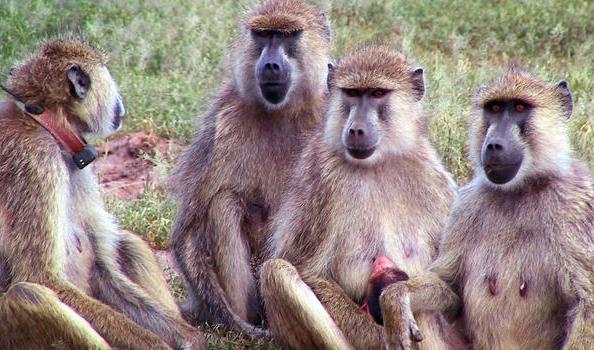About a year ago I started watching videos of a course on stress called Stress and Your Body, produced by The Great Courses, and given by Robert Sapolsky. I would say it is mid-level, in that the lectures are far from technical, and yet quite a bit of the neurobiology is explained. For some reason I didn’t take the viewing seriously until a couple of weeks ago. But then I decided I really wanted to know about stress, and watched a lecture every day, until I have now finally finished the course.
And it was brilliant. Saplosky is fun. For example, he tells us that he really hates Wagner’s music, “can’t stand him!”, in order to give an example of psychological stress for him specifically. And then he goes on to talk about the sympathetic and parasympathetic nervous systems and the specific biological effects of his stress – even more fun.
The one thing that I keep finding more evidence for is that the brain is essentially a prediction-reaction box. It just predicts all the time, and reacts in a way that it predicts will make for better predictions later. As in, there isn’t necessarily a “good” state to want – other than the ability to predict itself. But maybe I keep “finding” this since I’m already predicting it to be true…
Figuring out that I really liked this professor, I decided to also listen to his (audio*)book ‘A Primate’s Memoir: A Neuroscientist’s Unconventional Life Among the Baboons‘. In this instance there was no long neglect, and I finished listening in two weeks (mostly during walks and car drives). I highly recommend the book, but only as a fun memoir of a neuroscientist who worked in Africa. It is not a book on Sapolsky’s work, and by far most of the chapters are not about his baboon troop. It does not reflect an objective view of Africa or anything like that. I say this since some bad reviews on Amazon expected the opposite.
Most of all, I like that the book has a large number of characters. Second to that, is the contrast between the cultures (the many cultures – I’m not implying that there are only two). On the one hand I feel I know more about Kenya now (maybe Kenya of twenty years ago). On the other, I realise that if anything, I only know of Sapolsky’s Kenya. But I’m satisfied with that for now. Finally, listening to long descriptions of behaviour of baboons, with clear personalities, friendships, rivalries, is quite the eye opener.
* I’ll note that the audiobook, narrated by Mike Chamberlane, has a good pace and fun accentuation. I don’t know if this is really how it was, but I enjoyed his soft and slow rendering of the locals speech.
